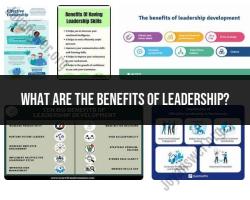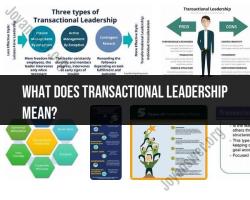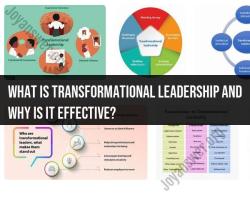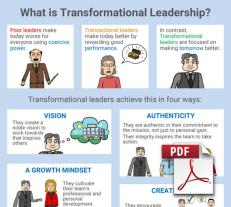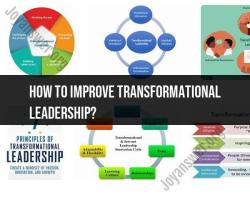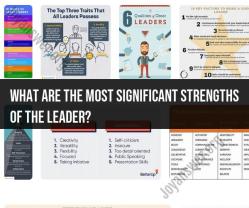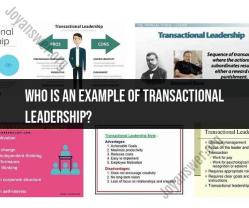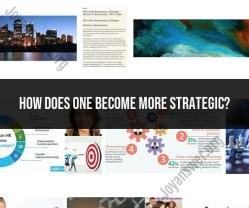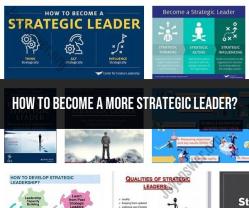What makes a person to be a leader?
Leaders possess a variety of qualities that define their effectiveness and ability to inspire and guide others. Here are some key qualities that define a leader:
1. Visionary:Leaders have a clear and inspiring vision of the future. They can articulate a compelling picture of what success looks like and inspire others to work toward that vision.
2. Integrity:Integrity is a cornerstone of effective leadership. Leaders act with honesty, transparency, and strong ethical principles, earning the trust and respect of their team.
3. Empathy:Empathetic leaders understand and relate to the emotions and perspectives of their team members. They show genuine concern for their well-being and create a supportive environment.
4. Communication Skills:Leaders are skilled communicators who can convey their ideas, goals, and expectations clearly and effectively. They listen actively and encourage open dialogue.
5. Decisiveness:Leaders make well-informed decisions and take action, even in the face of uncertainty. They weigh options, assess risks, and choose the best course of action.
6. Adaptability:The ability to adapt to change is crucial for leaders. They navigate challenges and unforeseen circumstances with resilience and flexibility.
7. Confidence:Confident leaders inspire confidence in their team. They believe in their abilities, decisions, and the potential of their team members.
8. Accountability:Leaders take responsibility for their actions and outcomes. They hold themselves and their team members accountable for results.
9. Positive Influence:Leaders have a positive impact on those around them. They motivate, inspire, and elevate the performance of their team through their attitude and behavior.
10. Empowerment:Effective leaders empower their team members by delegating responsibility, providing autonomy, and trusting them to make decisions.
11. Problem-Solving Skills:Leaders are adept problem solvers who can analyze complex situations, identify root causes, and develop effective solutions.
12. Resilience:Resilient leaders bounce back from setbacks and challenges. Their ability to persevere motivates their team to overcome obstacles.
13. Strategic Thinking:Leaders think strategically, considering the bigger picture and long-term goals. They make decisions that align with the organization's overall vision.
14. Team Building:Leaders build cohesive and high-performing teams by fostering collaboration, recognizing individual strengths, and promoting a sense of unity.
15. Empowerment:Leaders empower their team members by providing the resources, tools, and support they need to excel in their roles.
16. Continuous Learning:Great leaders are lifelong learners who seek new knowledge and skills to stay relevant and adapt to changing environments.
17. Delegation:Leaders effectively delegate tasks and responsibilities based on team members' strengths and skills. This allows them to focus on strategic responsibilities.
18. Emotional Intelligence:Emotional intelligence helps leaders understand and manage their own emotions and those of others, contributing to better relationships and communication.
Effective leadership is a combination of these qualities, tailored to the specific context and needs of the team and organization. Good leaders continue to develop and refine these traits through self-awareness, learning, and practice.


